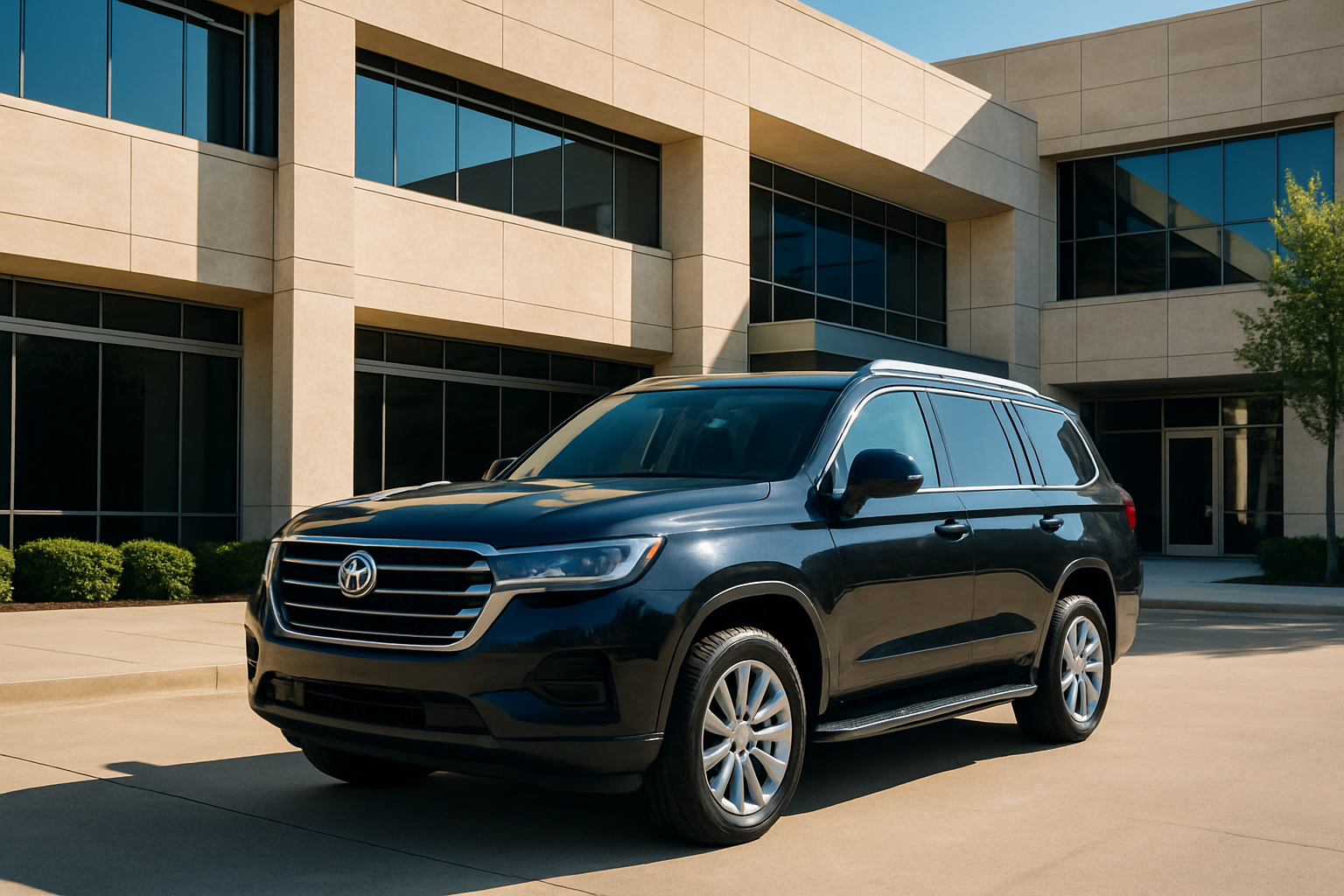LLC Vehicle Write-Off Rules Every Real Estate Investor Should Know
6 Minute Read
Buying a Car Under an LLC: Smart Move or Audit Risk?
For many real estate investors, having a reliable vehicle isn’t just convenient, it’s essential. From visiting properties and job sites to meeting with clients, your car is often a core part of your business operations.
If you’re considering buying a car through your LLC and writing it off as a business expense for 2025, the good news is that it can be done, but there are important rules and stipulations to understand before you do.
Let’s break down what you need to know.
1. Business Use Is What Determines Deductibility
The IRS allows deductions for ordinary and necessary business expenses, but that means your vehicle must be used primarily for business.
100% business use = full deduction potential
Mixed-use vehicles = deductions limited to the business-use percentage
So, if you use your car 70% for real estate work (like driving to property showings, client meetings, or supply runs), you can typically deduct 70% of qualifying costs.
Pro Tip: Keep a detailed mileage log or use an app to track business vs. personal miles. This documentation is essential if the IRS ever asks for proof.
2. Two Ways to Deduct Vehicle Expenses
You can choose between the standard mileage deduction or the actual expense method, but you must pick one per vehicle per year.
Option A: Standard Mileage Deduction
For 2025, the IRS mileage rate is expected to be around 67¢ per business mile (the 2024 rate; official 2025 rate will be announced in January).
This rate includes depreciation, maintenance, gas, and insurance.
It’s simple; just track your miles.
Option B: Actual Expense Method
Deduct actual costs such as gas, oil, repairs, insurance, registration, and depreciation.
This option can yield larger deductions if the vehicle is expensive or heavily used for business.
You can also take advantage of Section 179 expensing and bonus depreciation (more on that below).
3. Section 179 and Bonus Depreciation: The Big Deductions
Section 179 Expensing
Section 179 allows businesses to immediately deduct up to $1.22 million (2025 limit) in qualifying equipment—including vehicles.
Passenger vehicles are capped at around $12,000–$20,000 depending on the year placed in service.
Heavy SUVs, trucks, and vans over 6,000lbs GVWR (Gross Vehicle Weight Rating) may qualify for full expensing up to the business-use percentage.
Bonus Depreciation
In 2025, 60% bonus depreciation applies to new and used qualifying vehicles.
You can combine it with Section 179 for even more accelerated deductions.
Example:
If your LLC buys a $70,000 SUV (6,500lbs GVWR) and uses it 80% for business, you could potentially write off $56,000 in the first year ($70,000 × 80%).
That’s a significant tax savings opportunity, if it’s properly documented.
4. Title, Insurance, and Payments: Keep It Clean To strengthen your tax position:
Title the vehicle in the LLC’s name
Maintain insurance under the LLC (or list the business as an additional insured)
Make vehicle payments from the LLC’s bank account
If you use the car personally at times, record that as an owner draw or fringe benefit. Mixing personal and business use without clear documentation is one of the fastest ways to raise IRS suspicion.
5. IRS Red Flags to Avoid
The IRS often scrutinizes vehicle deductions because they’re frequently misused.
Common red flags include:
No mileage log or poor recordkeeping
Deducting 100% of costs for a vehicle that’s clearly personal-use
Large deductions compared to reported income
Always keep documentation; mileage logs, receipts, insurance, and repair records, to substantiate your deductions.
How This Applies to Real Estate Investors
For investors and real estate professionals, vehicles are often integral to your work. Qualifying business use might include:
Driving to property showings or construction sites
Picking up materials or supplies
Attending closings or client meetings
Conducting property inspections or appraisals
Each of these can support legitimate business-use documentation, increasing your deduction potential while reducing audit risk.
Final Thoughts
Buying a vehicle through your LLC can be a smart tax strategy, but it’s not a shortcut; it’s a strategy that requires documentation, structure, and intention.
If your real estate business relies on driving, it’s worth discussing with a tax advisor who understands both Section 179 and real estate operations. The right approach could save you thousands while keeping your books, and your IRS standing, clean.

